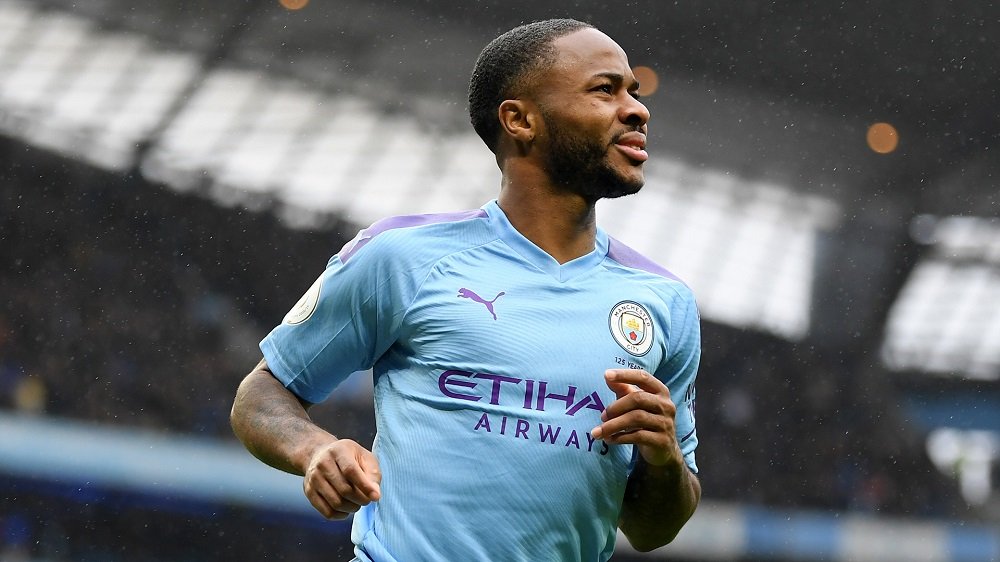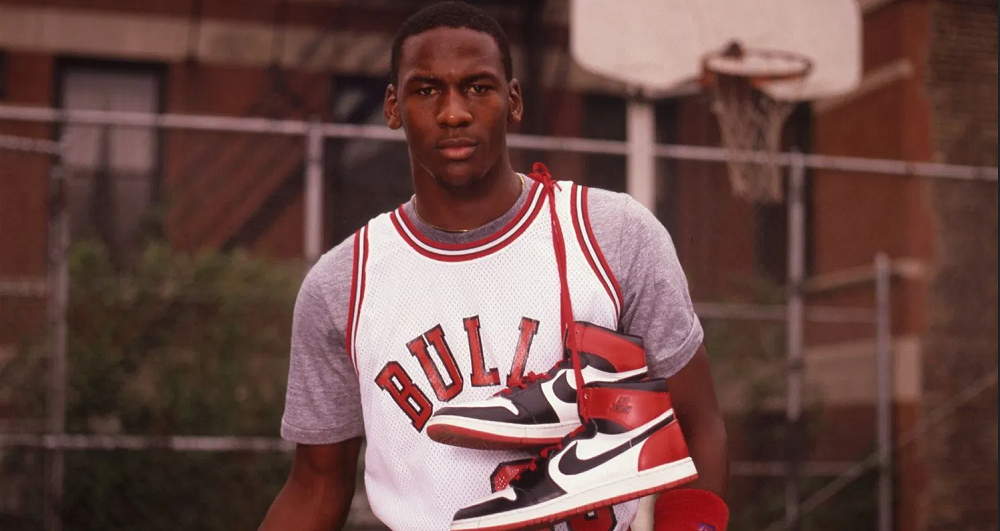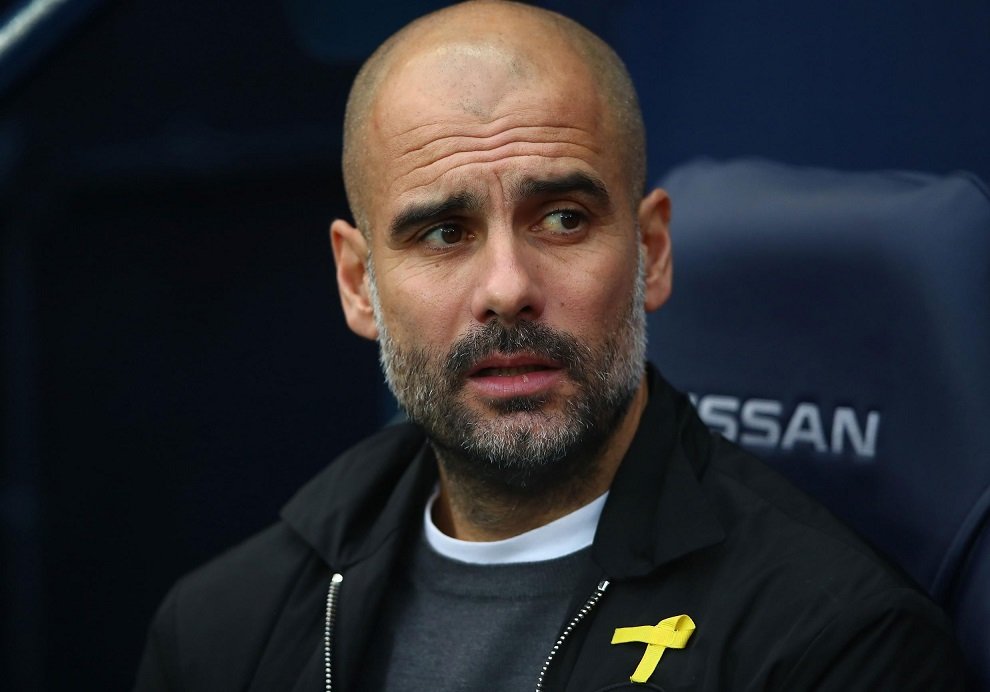A version of this article originally appeared on The42.ie on 26 June 2020.
This time four years ago, an exasperated and emotional former England international, Chris Waddle, reflecting on England’s 2-1 defeat to Iceland at Euro 2016, famously dismissed the England players as “pampered, they’re all headphones, and you can’t get anything out of them”.
Waddle’s outrage at England’s limp exit from the Euros summed up the feelings of many fans and media at that time. On and off the pitch, the English players were perceived as distant, disinterested, guarded, and detached from the communities they were expected to represent.
In the four intervening years, on-pitch performances have certainly improved, but more significant again has been the emergence of a new generation of young England footballers, and most prominently, young black England footballers who have found their voice and are prepared to make it count.
22-year-old Manchester United and England striker Marcus Rashford made headlines recently when he, in partnership with UK charity FareShare, successfully lobbied the UK Government to reverse its decision to discontinue out-of-term meal vouchers for impoverished children across England.
As a result of this political U-turn, approximately 1.3 million children in England will be able to claim food vouchers in the summer holidays, at a cost of approximately £120 million to the Exchequer.
Prime Minister Boris Johnson praised Mr Rashford’s “contribution to the debate around poverty”. In short, Rashford had skillfully engaged the political machine with a clear ask and a consensus-building campaign and won.
Sterling rises
In the same fortnight that Rashford was taking on Westminster, his England teammate Raheem Sterling was on BBC Newsnight discussing the Black Lives Matter movement, systemic racism, and the under-representation of the BAME community in decision-making positions of English football.
Sterling’s story is particularly compelling. Today, Sterling is seen as a leader in football’s anti-racism movement; however, for many years, he was portrayed by members of the British media as the epitome of pampered, headphones-wearing, overindulged footballers, alongside numerous other more racially coded terms.
One recent Twitter feed identified over 30 negative headlines about the footballer, ranging from the vindictive (“England failure steps off plane and insults fans by showing off blinging house”) to the absurd (“Manchester City star earns £200k a week… but take £80 EasyJet flight back from holidays”).
In December 2018 Sterling had had enough and came out fighting. Via Instagram, he accused certain media titles of fuelling racism, sharing irrefutable examples of the contrasting coverage doled out to two young teammates, one black and one white, upon buying new homes for their respective parents. In doing so, he triggered a national debate about how black sporting success is portrayed in the media.
Sterling had defied both the received wisdom and the odds: he picked a fight with the media and won. In the preceding six months, MailOnline published 1,000 stories referencing Sterling but not one negative or derogatory headline.

Since then, he has done more than any other British athlete to highlight the prevalence of racism in English football. He has repeatedly challenged the futile nature of the Premier League’s existing anti-racism campaigns and called for more meaningful policies to address the problem, including the creation of a player-led anti-racism taskforce and the deduction of league points from clubs that fail to adequately address racism in their stadia.
However, on balance, footballers speaking with greater openness and authenticity on the theme of racism and inequality has compelled many of the league’s power brokers to respond, or at least be seen to respond. Premier League chief executive Richard Masters recently announced details of a new system for players to report racist abuse on social media.
Brands want in
The emergence of this new generation of outspoken footballers hasn’t gone unnoticed by sponsors. Brands recognise the abilities of Sterling and Rashford and their peers to speak to and resonate with their target demographics.
Nike, still basking in its Colin Kaepernick-shaped afterglow, has, alongside Gillette, backed Raheem Sterling to become one of the breakout cultural icons of his generation. Both have invested heavily in campaigns highlighting his off-the-pitch defiance and commitment to fighting hate speech.
This week it was announced that Marcus Rashford has signed with heavyweight global talent agency, Roc Nation, founded by rapper Jay-Z. According to Roc Nation executive Michael Yormark: “Companies today want to align with people that are passionate about community, that want to take a stand against injustice, and so we encourage all of our clients to be aggressive in this space.”
Cynics may question the motivations of these companies, but that’s beside the point: what’s more telling is that the clear business rationale they have identified in aligning with these athletes.
So, what’s changed?
This has not been an overnight awakening. Young, black English footballers have been watching their US peers get behind causes for years now. The Colin Kaepernick story has inspired professional athletes all over the world, most of whom have never seen him throw a football. In the NBA, its biggest superstars, including LeBron James, Carmelo Anthony, Chris Paul, and Dwyane Wade, have all been routinely on the frontlines of social justice.
According to US author Howard Bryant, “today’s players wrestle with where they fit, feted with multimillion-dollar salaries, hamstrung by corporate entanglements, and by a public that expects the money to buy athletes fast cars and silence”.
However, this current generation of African American athletes have become more accustomed than the generation that preceded them at walking the tightrope between lucrative corporate sponsorships and championing social justice causes. Unlike the Michael Jordan playbook of old, they have found a way to articulate their anger to white American audiences while still selling them shoes. For these athletes, silence or public apathy isn’t part of the bargain.
This does not mean they don’t occasionally wobble. Many commentators were only too happy to highlight LeBron James’s inconsistencies around the NBA’s grovelling apology to Beijing on foot of the Houston Rockets general manager’s show of support for Hong Kong’s pro-democracy protests last October.

Social fluency
The modern athlete’s fluency in social media has played a role too. In addition to pressures from the authorities above, a reluctance to speak out has historically been further compounded at player level by a deep distrust of the media, particularly British tabloid media.
This distrust hasn’t gone away, but today tabloid media has less power over players. Today, the likes of Sterling and Rashford have bigger social media followings than the combined daily print circulation of the English redtops. They can communicate their message without the filter of tabloid media.
Athletes have never had more influence, and it is to be welcomed that so many are now looking to use this influence to effect change. In a very short space of time, the current generation of young black England footballers have demonstrated a flair for smart campaigning to help shape a new and uncomfortable agenda for those in decision-making positions in English football.
As a result, the Premier League’s track record on racism is now under more scrutiny than ever, and anti-racism strategies manifesting as social media campaigns or slogans on a t-shirt are looking woefully inadequate.
Premier League chief executive Richard Master’s public support of Rashford is particularly notable. He offered his congratulations to Rashford and described the recent rise of player activism as “not being overtly political”; instead, he considered them as “ethically based values statements” and “unifying messages.”
He, like many others in decision-making positions, has done his research, and sees that the sands of public opinion are shifting. Critically, they recognise the need to find a way to accommodate this new generation of activist footballers and to avoid making the same toxic mistakes as the NFL.
FIFA president Gianni Infantino welcomed the on-pitch displays of solidarity: “For the avoidance of doubt, in a FIFA competition the recent demonstrations of players in Bundesliga matches would deserve an applause and not a punishment.”

Political footballs
Privately, those at the top table know that they are setting a precedent for many more awkward and unpopular conversations, in relation to what is considered within the realms of politically acceptable, particularly when it starts to hurt them financially.
Child poverty and racism is one thing, but as recent history will show, there is less tolerance among Premier League clubs for those criticising China’s human rights record, as Arsenal’s Mesut Özil can attest to. Two years ago, Manchester City manager Pep Guardiola was fined £20,000 for the wearing of a yellow ribbon in support of imprisoned Catalan politicians.
However, when it comes to political issues closer to home, footballer activism appears to be working and for the first time in many years, the Premier League and its clubs are joining the conversation. How adequate or not their responses are is probably a conversation for another day.

About the author
With his intelligent communications skillset and extensive media connections, Paddy helps clients build stand-out messaging and achieve their business objectives, whether they’re a start-up raising seed capital or an established player pushing for industry reform or telling their employer brand story. Paddy has been published in a number of national publications, including the Business Post, Irish Independent, Fora.ie, and The42.ie on the theme of strategic communications and reputation management.
